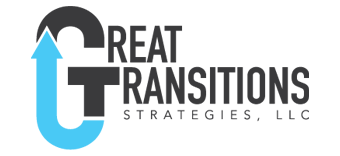What does that title really mean? It sounds counter-intuitive doesn’t it? Let’s just do it.
The First Reflection: It’s your 95th birthday and you are surrounded by those most important to you. Can you see them? As part of this celebration, there will be six or seven people who talk about you. It starts with the youngest generation of your family, a great-grandchild. The next generation (grandchildren), and then your children. Your best friend has time, a coworker who spent years with you, a sibling, and finally your significant other.
- What material have you given them to talk about you?
- What impact have you made on their lives?
- What was it like to be part of your inner circle?
If you took this seriously and did the exercise you created quite a vision. This is a significant destination. How are you feeling after this event? What is your legacy?
That is what reflecting on a future event looks like. Let’s continue and build the path to your 95th birthday by looking at two more events.
The Second Reflection: It is your retirement from the workforce. It is a celebration of your transition, your last day. You are leaving a company, a nonprofit, maybe selling or closing the doors of your business. At this gathering, a number of folks will talk about what it was like to be closely associated with you. Three categories of individuals will talk, those you worked for or were mentors to you, your peers, and those that you led. What will they say?
- What material have you given them to talk about you?
- What impact have you made on their lives?
- What was it like to be part of your inner circle?
The Final Reflection: This is your next transition. What will this next transition be; a promotion, career change, a move to a new city, getting married, having a child? You choose the event that makes the most sense. Thinking about this by itself can be enlightening, maybe you are not quite sure what the next event is. In this transition, three groups of people are going to come and talk to you. One will be someone you look up to, maybe a mentor. The second will be a peer, and the third is someone who looks up to you and your mentor. What do you want them to say to you?
- What material have you given them to talk about you?
- What impact have you made on their lives?
- What was it like to be part of your inner circle?
You have just set a long-term vision with three definitive milestones. At each milestone, you are evaluating yourself from multiple perspectives, including your own. This sounds a bit like what Scrooge experienced in A Christmas Carol. You are creating a preview of future events to build the path to get you there.
Want to learn more about what vision is, check out a short video sharing more details.



